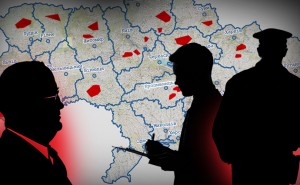
Deputies with "academics" have been earning tens of millions of dollars on state land for years. EP investigation
Euroviews. Proper EBRD policies can avoid further disgrace in Ukraine and elsewhere
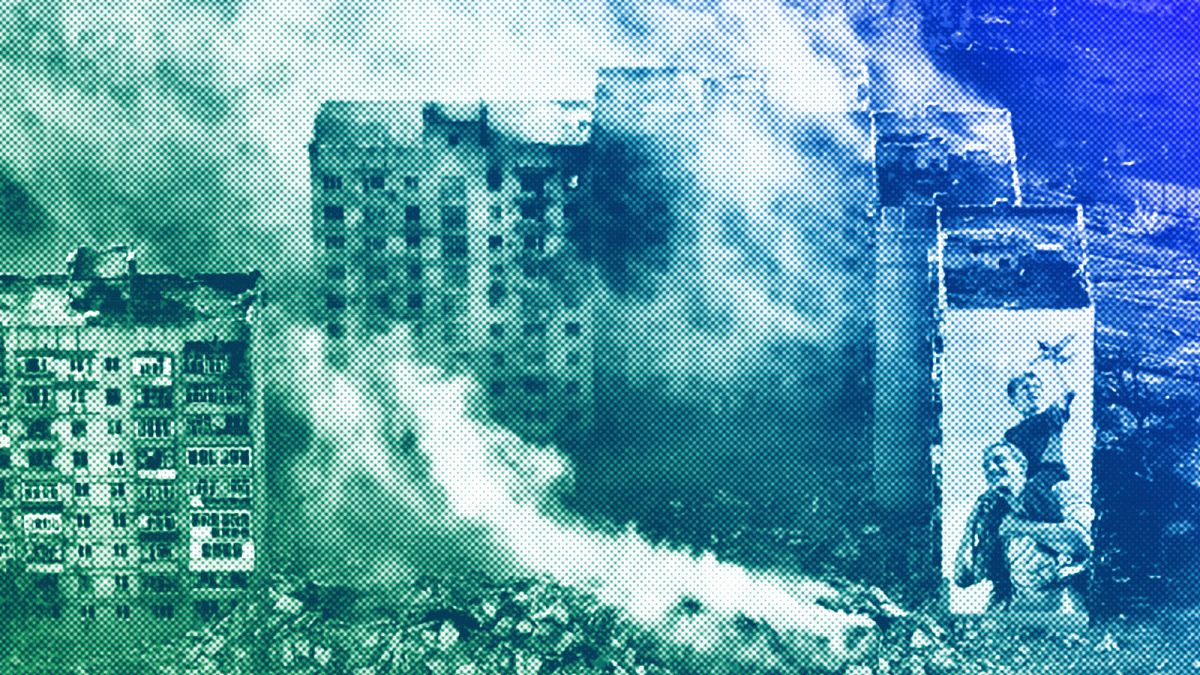
In the face of these dire circumstances, it is no secret that people need food, and all hands must be on deck when they face man-made and natural disasters.
In this context, it would be easy to justify that millions of Euros and U.S. dollars are poured into a factory farming project with the potential to feed large swaths of the population.
Or would it?
Ukraine Agribusiness Firms in 'Quiet Land Grab' with Development Finance
Controlled by one of Ukraine's wealthiest men, Yuriy Kosiuk, the agribusiness company Myronivsky Hliboproduct (MHP) dominates the country's domestic poultry market and exports chicken and luxuries such as foie gras across Europe. Since 2010, it has received at least $200m (£128m) in long-term loans from the bank's International Finance Corporation (IFC).
Much of this funding has gone to support the building of Europe's largest industrial chicken farm in the middle of Ukraine's rural heartland. Almost 300km south of Kiev, the Vinnytsia poultry farm is part of an audacious effort to transform the country once known as "Europe's breadbasket" into its "meatbasket."
The IFC, which like all World Bank institutions has an explicit mandate to end global poverty, says its investments in MHP have created jobs and supported food security in Ukraine and beyond. Central to the IFC's mission is a policy to "do no harm" and achieve positive development outcomes by investing in the private sector.
In Ukraine, his company is pursuing an aggressive strategy to control production "from field to fork," growing its own grain to feed its chickens and installing facilities to incubate eggs, slaughter animals and package meat. Now it plans to increase the amount of land under its control to 450,000 hectares.
The IFC first invested in Kosiuk's company in 2003. According to its website, the IFC has provided MHP with hundreds of millions of dollars in finance over the past five years alone.
In 2010, the IFC invested $61m in the company: a $50m loan "for crop cultivation and to secure the land lease rights" and an $11m credit guarantee for "a leasing portfolio of agricultural machinery". In 2013, it provided a further $50m loan to support "MHP's growth plans" in the Vinnytsia region.
Last year, the IFC announced a historic $250m investment in MHP, its largest deal in Ukraine since 2008. Of this, $100m would come direct from the IFC's own books, with the remainder raised in partnership with other investors.
To a general audience, this might mean that development banks are providing resources to guarantee food security and other basic rights for people living in a war-torn country. Unfortunately, a closer look reveals a different story.
A chain reaction causing significant damages
Because the lenders failed to identify their investments in MHP as “high-risk”, they never required the company to carry out or disclose baseline studies to determine the situation of the infrastructure and the environment before the project broke ground.
- Local water testing initiatives have revealed dangerously high levels of nitrates in local wells and ammonia in the nearby Southern Buh river: just the type of pollution impact that intensive poultry farming is known to cause, especially when consistently making use of pesticide spraying, storing vast quantities of manure in open fields and using water from cleaning out poultry farms to irrigate cropland.
- These operations have resulted in foul odour and dust, as well as damage to roads and buildings from heavy vehicle traffic. A bypass was finally opened in 2018 to avoid further damage, yet a cavalcade of heavy trucks from the company’s supply/purchasing chain continued to use local roads and cause damage to community members' homes.
Unfortunately, under-categorisation of projects is all too common in development institutions' pipelines, starting a chain reaction that can later result in significant damages to people and the environment.
Undermining real, meaningful development
Even more disturbingly, since MHP first started its poultry farm operation in Vinnytsia in 2010, community members have raised serious flaws with the company’s approach to community consultation.
Rather than enabling meaningful discussions about the potential negative impacts of new proposed operations, villagers describe a company focused on busing its workers to village council meetings, packing the room, stifling any dissent and ensuring a vote in favour of each successive expansion.
Those brave enough to speak against the project have faced reprisals aimed at quashing resistance. These violations not only undermine any possibility of proper community input but also the pursuit of real, meaningful development.
After almost six years, IPAM’s Compliance Review Report is due to be released and is expected to recognise multiple violations of the EBRD's environmental and social policies.
There’s still a long road ahead for communities to find reparation and ensure their safety and that of future generations, and the EBRD should partner with them to achieve this.
No more hurdles
- This exercise should provide the bank with an opportunity to learn from past mistakes, and set up a process to remedy any future harms that may result from the projects it backs.
- Therefore, transparency and participation must be key elements of these policies, in line with the fundamental rights to freedom of expression and access to information.
- This means that projects not only should be properly categorised, but the EBRD should publicly disclose its methodology for this categorisation and allow for community input.
As part of this, it must respect the findings of its internal complaint mechanism, IPAM, and also strengthen its assessment, monitoring, and handling of reprisals rather than expect clients to police themselves.
As the EBRD looks to the year ahead, we urge the bank to take this opportunity to reframe its policies with human and environmental rights at their core.
They have a moral imperative to do so, and accountability ensures that their projects will result in maximum positive impacts.
Alexandre Andrade Sampaio is Communities Associate and Caitlin Daniel is Attorney in the Global Communities program at the Accountability Counsel.
At Euronews, we believe all views matter. Contact us at view@euronews.com to send pitches or submissions and be part of the conversation.
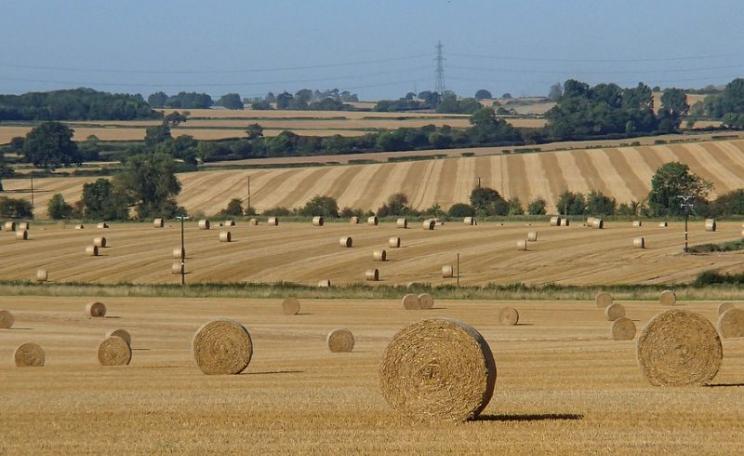
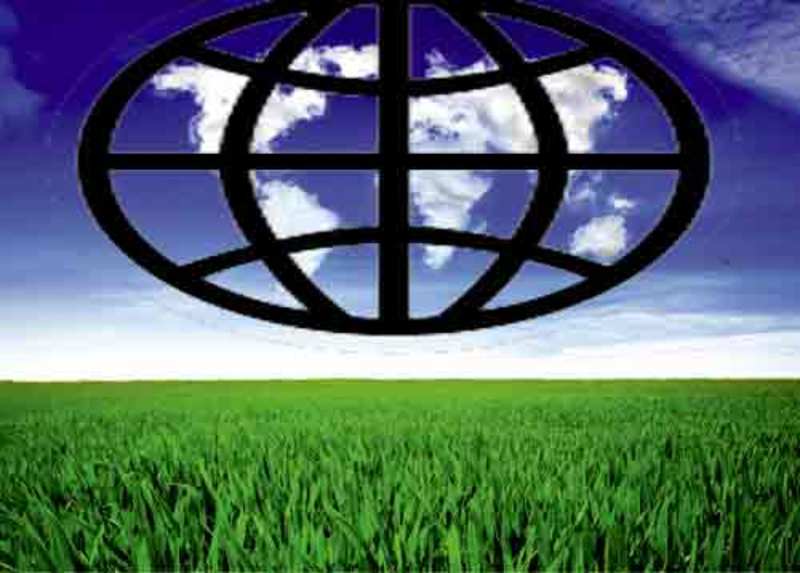

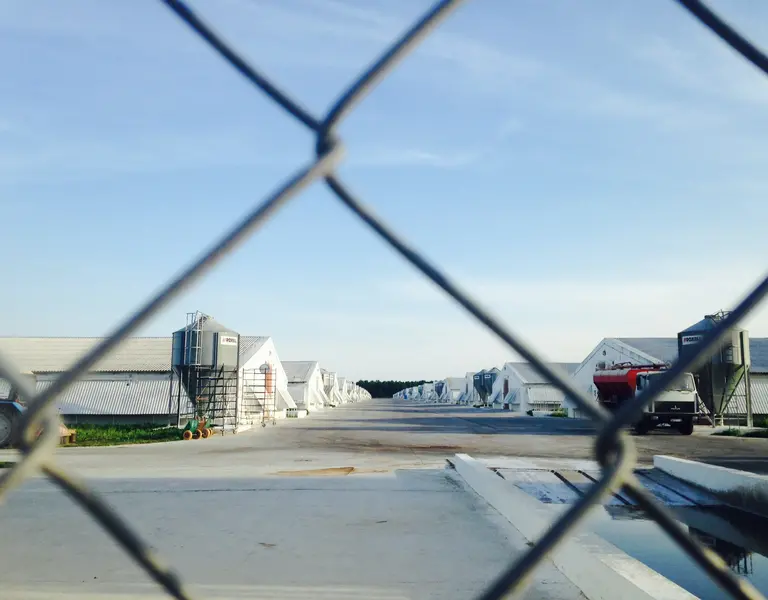




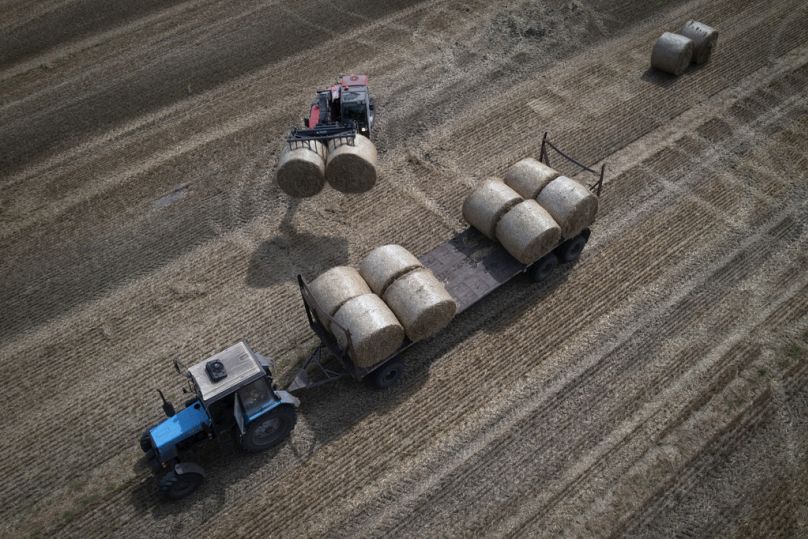
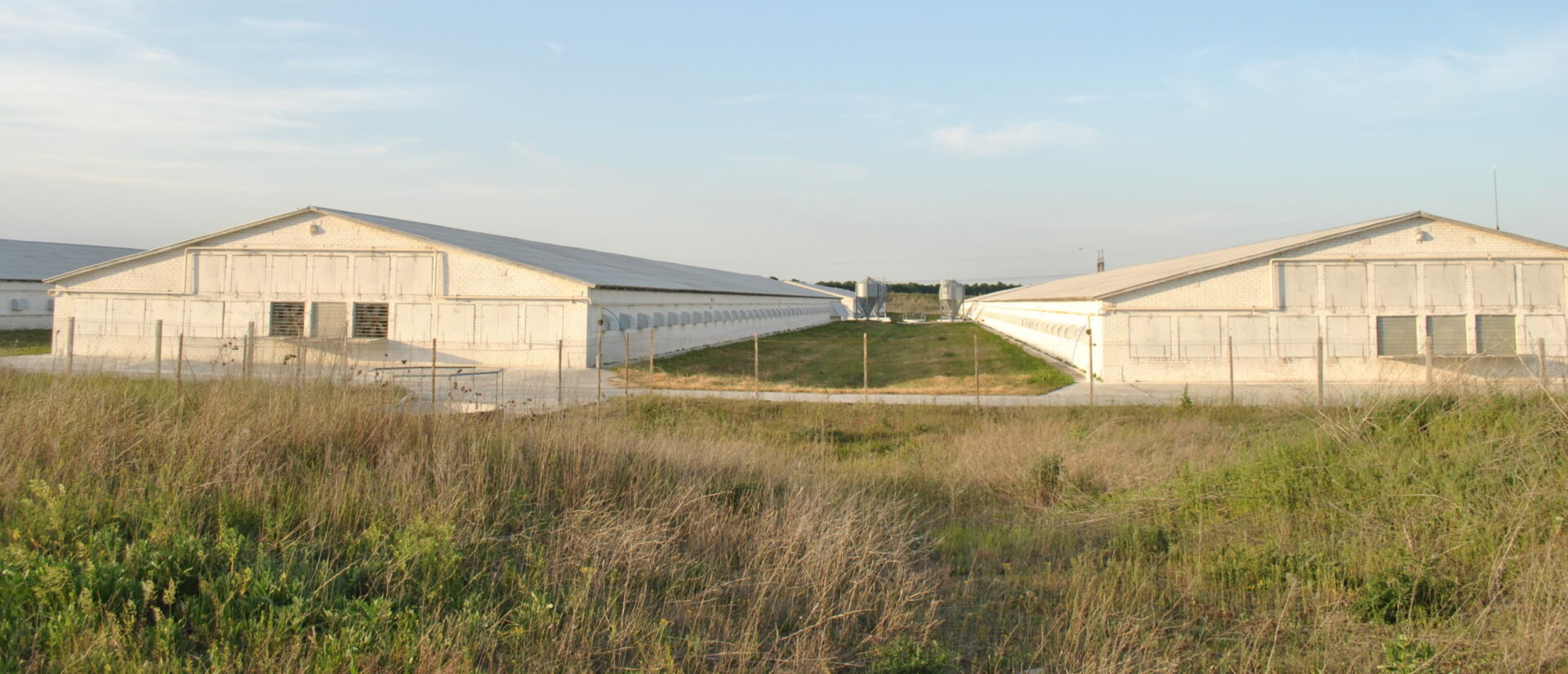




No comments:
Post a Comment